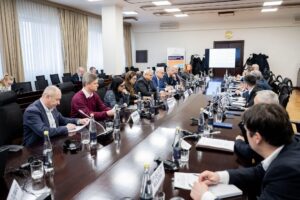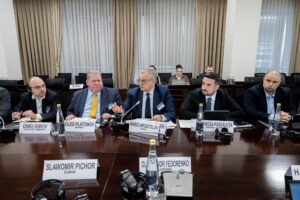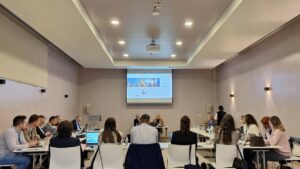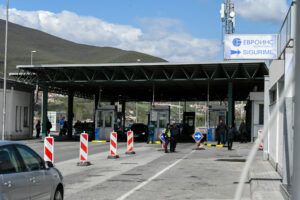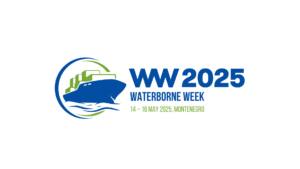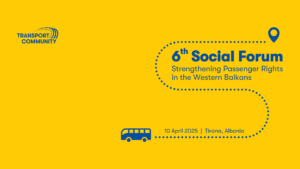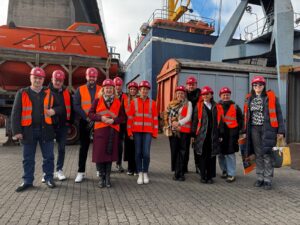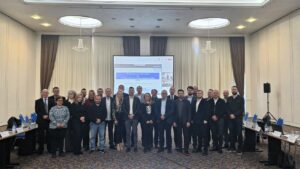CHISINAU – The 17th UNECE Regional Capacity-Building Seminar on Trade Facilitation and Data Sharing, held in Chisinau on 29 January 2025, focused on standardising digital information flow along multimodal transport networks and showcased efforts to align Moldova and Ukraine with European Union (EU) regulations through the adoption of UN/CEFACT standards and the Multimodal Transport Reference Data Model (MMT RDM).
The Permanent Secretariat of the Transport Community had its representative in the event. Mr Dimo Dimov, TCT PIU Waterborne Transport and Green Mobility Desk Officer, in his presentation “Towards a National Roadmap for Implementing Digital Multimodal Data and Document Exchange” underscored the key role that digital transformation plays in streamlining cargo data exchange and enhancing interoperability. He spoke about a comprehensive plan designed to integrate Moldova into the EU’s eFTI ecosystem by outlining essential regulatory, organisational, institutional, operational, and technical measures required to modernise Moldova’s trade and transport data systems.
By emphasising alignment with internationally recognised UN/CEFACT standards, the Transport Community’s presentation illustrated how the organisation can be instrumental in driving initiatives that not only support efficient digital information flow but also facilitate Moldova’s broader European integration efforts. The insights highlighted that the adoption of these global standards will foster a seamless digital corridor, reducing fragmentation and enabling smoother cross-border trade, while reinforcing the region’s commitment to capacity-building and innovation.
The seminar, organised by the United Nations Economic Commission for Europe (UNECE) in collaboration with the Moldovan government and its business community, brought together policymakers, technical experts, and industry representatives from Moldova and Ukraine. Discussions ranged from pilot projects, such as the digital transformation of railway consignment notes, to innovative approaches for building a robust, interoperable digital infrastructure that meets the demands of modern trade.
Photo: Ministry of Infrastructure of the Republic of Moldova


